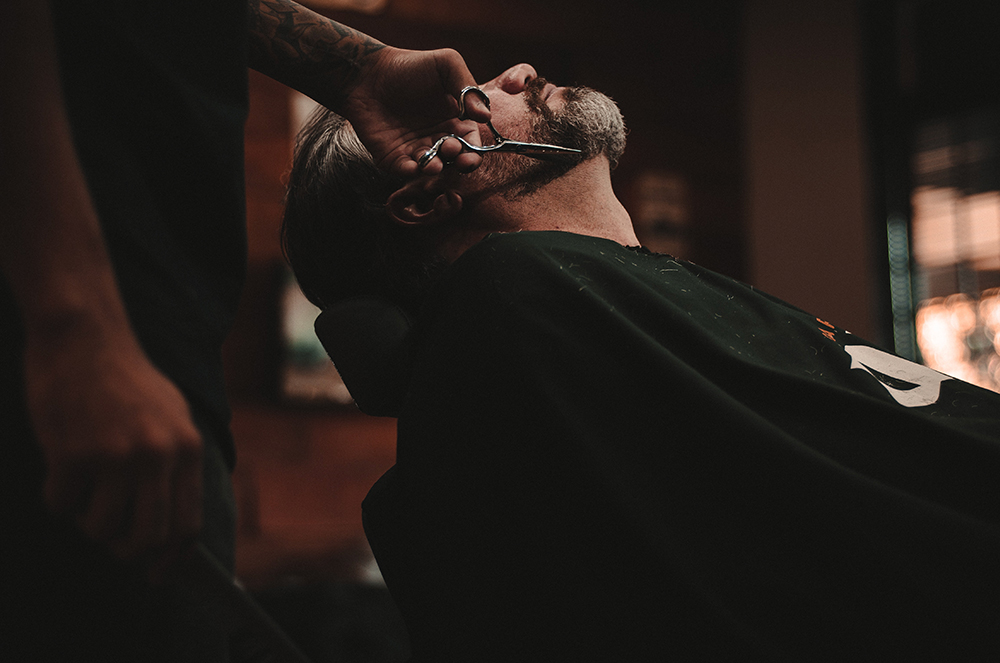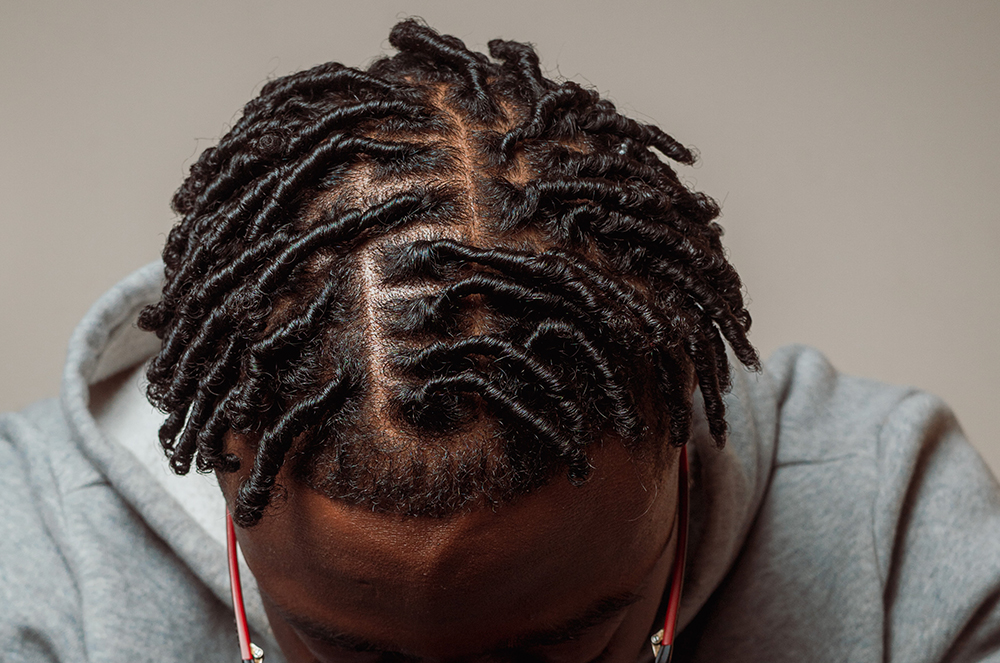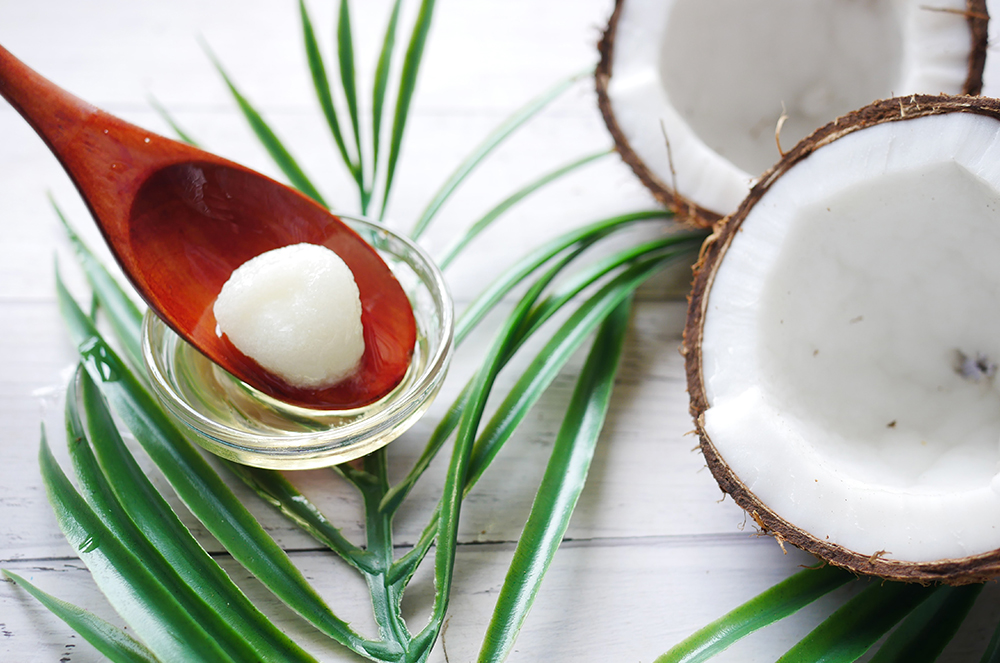Keto diet hair loss can cause temporary hair loss. In most cases, this is due to a nutrient deficiency in your diet while on keto.
If you’re noticing more hair in the shower or on your comb, it could be because of a keto diet. This is usually due to nutrient deficiencies and not eating enough food while following this style of lifestyle – but don’t worry – this is usually a temporary side effect.
We asked top dieticians to share their top questions asked by clients looking to use the keto diet for weight loss.
Not surprisingly, the top two questions were;
- can I really eat as much as I want?
- is the keto diet bad for my heart?
What might be surprising is the fourth most asked question by new clients was related to the keto diet and hair loss;
- Hair loss on the keto diet?
- Do keto diets cause hair loss?
- Can you lose your hair from a keto diet?

Photo by Allef Vinicius on Unsplash
What causes keto diet hair loss?
One of the potential side effects that many people experience when starting a keto diet is hair loss. This occurs because it changes your body’s metabolism and prompts different cells in your head (and other organs) to use energy more efficiently than before, sometimes resulting with thinning or even balding hair. These are the top causes of keto diet hair loss.
You reduced too many calories from your diet
If you dramatically cut carbs, it can eventually lead to eating fewer calories overall because your body gets used and may not experience as much hunger. A state of ketosis is what occurs when someone drastically reduces their intake on carbohydrates which forces them into burning fat for energy instead via a process called “keto-adaptation.”
The body’s natural response to stress is shown in the quick rise of cortisol and reduction in thyroid hormone, triiodothyronine (T3)
When you follow a keto diet or intermittent fasting (when you alternate between eating and sleeping for designated periods), cortisol levels rise while thyroid hormone falls. This can lead to hair loss.
Dramatic weight loss
The keto diet (or low carb diet) is great for rapid weight loss. It’s also known for having a diuretic effect, which means you will experience some water loss early on in your journey before eventually burning fat as fuel.
When you lose weight, your body knows this may be a sign of scarce food and redirects resources away from non-essential functions like hair growth. This can cause Telogen Effluvium (TE), which usually occurs about two to five months after dramatic dieting begins.
You are not consuming enough protein daily
Eating too little protein intake can cause hair loss. This is because it will lead to a low level of nutrition in your body, which could result from not getting enough vitamins or minerals required by cells for growth and repair processes associated with tissue maintenance – including skin cells.
Studies have found that this is likely due to an attempt by our bodies at nutrient conservation and prioritization.
Nutrient deficiency or loss
The body is made up of many different organs, and one key organ in the hair growth process is known as follicles. In order for healthy hairs to grow properly you need a lot more than just Vitamin C—which can be found at low levels even among athletes who don’t have any nutritional deficiencies! The best way eat healthier, so your locks stay strong? Eat balanced meals throughout each day with protein sources like eggs or fish alongside fruits & vegetables; avoid sugars/sugar intake.
Hair loss can be caused by a lack of protein, minerals, or vitamins.

Photo by Larry George II on Unsplash
Is keto hair loss permanent?
No, keto hair loss is not permanent. Keto hair loss is common and is usually temporary.
If you have an underlying health condition or are on medications that cause Ketoacidosis then this could lead to long term thinning of your hair.
When you lose your hair, the process of replacing it can take anywhere from two weeks to a few months. This all depends on how much was lost and what kind of treatment is being used for this specific case- each individual has their own unique growth cycle.
If you notice that your hair is falling out, it’s important to reach out and speak with a doctor so they can rule out any medical conditions.

Photo by Luke Southern on Unsplash
Can you prevent keto hair loss?
After you speak with your doctor and determine hair loss is related to the ketogenic diet then you can try some of these dietician approved recommendations.
You may want to expand your nutrient sources for healthy hair growth
Going “ketogenic” doesn’t always have to mean loading up on bacon and butter. Expand your food sources with healthy fats in avocados, chicken breasts (or other proteins).
Use supplements to ensure you’re getting enough vitamins and minerals
Healthy hair depends on a healthy diet and plenty of vitamins, minerals like calcium phosphorus for strength as well as biotin which helps maintain shine. If you notice that your scalp is itchy or sensitive then talk with the doctor about potential nutrient deficiencies instead guessing at what nutrients might be missing from this equation.
You might think you’re getting enough iron when on your diet, but if it’s not balanced with other nutrients like protein or vitamin D then supplementation can be helpful.
Prevent a biotin deficiency. Biotin is a vital nutrient that can help promote healthy hair. It must be taken in conjunction with other vitamins, though- too much biotic acid could lead to follicle damage and even thinning hair.

Photo by Towfiqu Barbhuiya on Unsplash
Prevent keto diet hair loss with this tip
Focus on your scalp health
The key to healthy hair may be as simple as avoiding nutritional deficiencies. However, there are other approaches you can take that will also help improve the health of your follicles and reduce shedding!
You should avoid using these harsh chemicals to change your hairstyle altogether.
If you have long hair avoid making your ponytail too tight to prevent stress induced hair fall.
Massaging or letting coconut oil seep into your scalp for a couple of hours can help you achieve hair restoration. If you’re looking for a cosmetic solution, you can explore a hair transplant.


